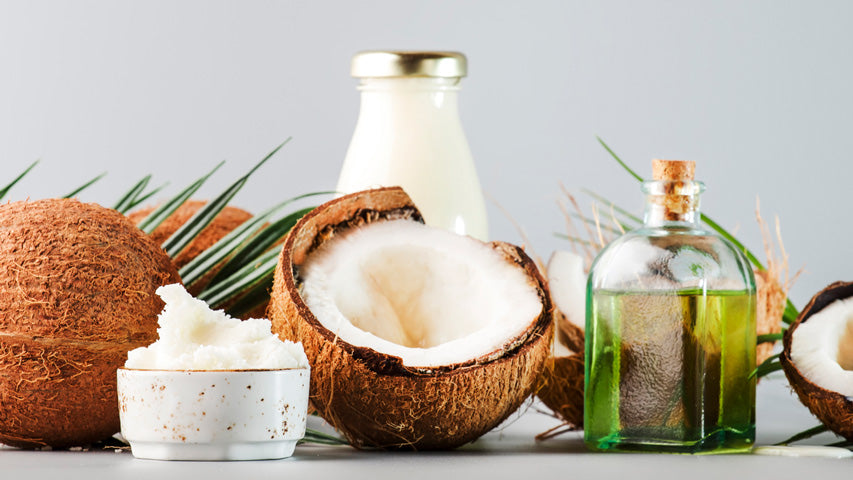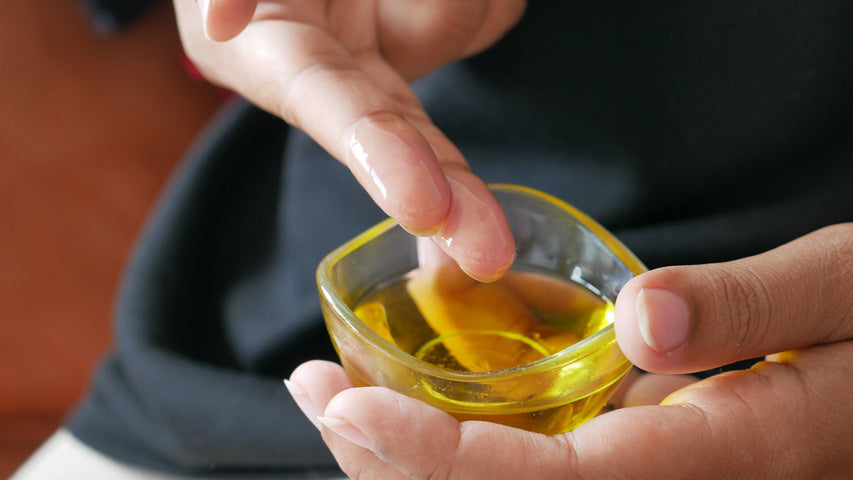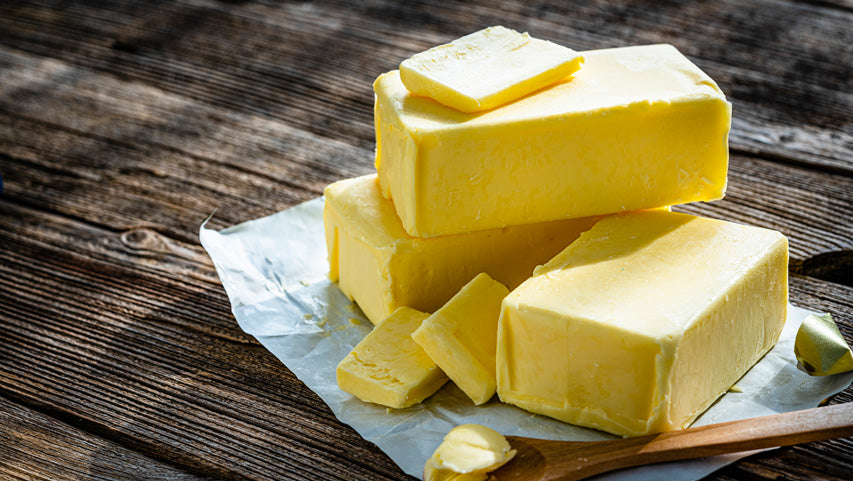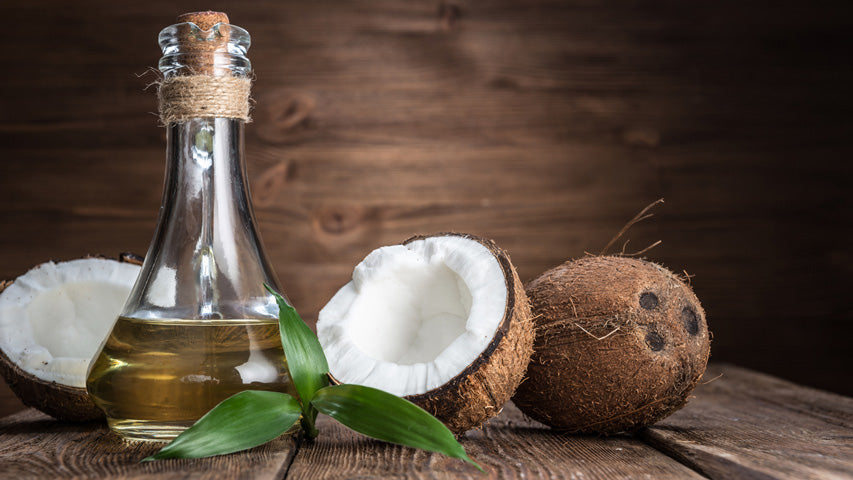
4 Things You Should Stop Using As Lube
Imagine this scenario: you’re in the heat of the moment with your partner(s) and everything’s going smoothly, until you reach out and grab the first thing you find as a stand-in for sexual lubrication. Or you’re asking yourself, “can I use saliva as a lubricant?”. Whoa partner, stop right there! Before you take hold of that bottle of olive oil, questionable liquid, or spit dripping down your mouth, let’s dive into the four slippery slopes you absolutely want to avoid when getting passionate.
When it comes to selecting the right lube (that’s actually labelled as a lube), nothing feels better.
Let Go Of These Lube Alternatives

Products like olive oil, butter, and coconut oil should be avoided at all costs when it comes to sexual activities. On top of those household items, your own saliva may increase the risks of STIs when used as a lube. More on that to come. Let’s make a splash and head deeper into these 4 things you should stop using as lube immediately, whether it be for handjobs, penetration, or other acts of service.
Speaking of HJs, check out Handjob Well Done: Tips For Great Lubricated Handjobs if you’re on the hunt for some hands-on material.
1. Stop Using Saliva As Lube

This ain’t a spit take. Wondering, “can I use saliva as lubricant”? Though common practice, spitting into your hand as a means of lubrication isn’t the smartest way to go. Can saliva cause UTIs? It’s not very likely, however it could irritate the urethra or vaginal walls. Potential transmissions of STIs may exist through saliva distribution. Also, you or your partner(s) could be prone to vaginal infections because of the disruptive digestion enzymes that saliva holds which could throw off the balance of microbes inside the vagina. Saliva doesn’t have the same slickness or slippery consistency as, say, a lube like Durex Passion Cherry Lubricant* has.
2. Stop Using Olive Oil As Lube

Olive oil, and other cooking oils like canola and grape seed, while delicious as an ingredient in your dinner, are not meant for adult playtime. Using olive oil as a sexual lubricant may actually damage the wear of latex condoms, rendering your protective little friends ineffective when it comes to sex. Oils such as these also repel water which makes the cleanup job a lot harder. Instead, try a water-based lube like Durex Tingling Lubricant* which is good for oral, vaginal, and anal sex, smooth and silky, and washes off easily when you’re done!
3. Stop Using Butter As Lube

Butter is a dairy product and therefore can become spoiled, so using it as lube is pretty risky. Leave the substance for a toast top up and instead try a product like Durex Warming Lubricant* that delivers thrilling warming sensations while adding to a hotter experience during oral, vaginal, or anal sex.
Unsure where to start when it comes to lube for the booty? Read How To Use Lube For Anal Sex for pro tips.
4. Stop Using Coconut Oil As Lube

Can you use coconut oil as a lubricant? This is a heated debate. While some people suggest it can work due to its moisturizing factor, there are plenty of red flags attached to this substance in relation to sex. For one, coconut oil can degrade the condom’s make. Also, it can increase the risk of getting a yeast infection due to its antibacterial and antifungal properties. As a healthier alternative, explore couples & massage lubricants* that help create more intimacy and pleasure while keeping peace of mind.
Make Smooth Moves

And with that, we wrap up our journey through the land of questionable lubrication choices. From the kitchen to your own spit, myths have been debunked and truths have been uncovered. So next time you’re thinking of getting creative in the bedroom, remember the golden rule: if it’s not explicitly made for pleasure, it’s probably best not to use it for sex!
Searching for additional sex advice? Take a look at How To Orgasm At The Same Time As Your Partner for a wild read.
*Ensure this product is right for you. Always read and follow the label before use.


